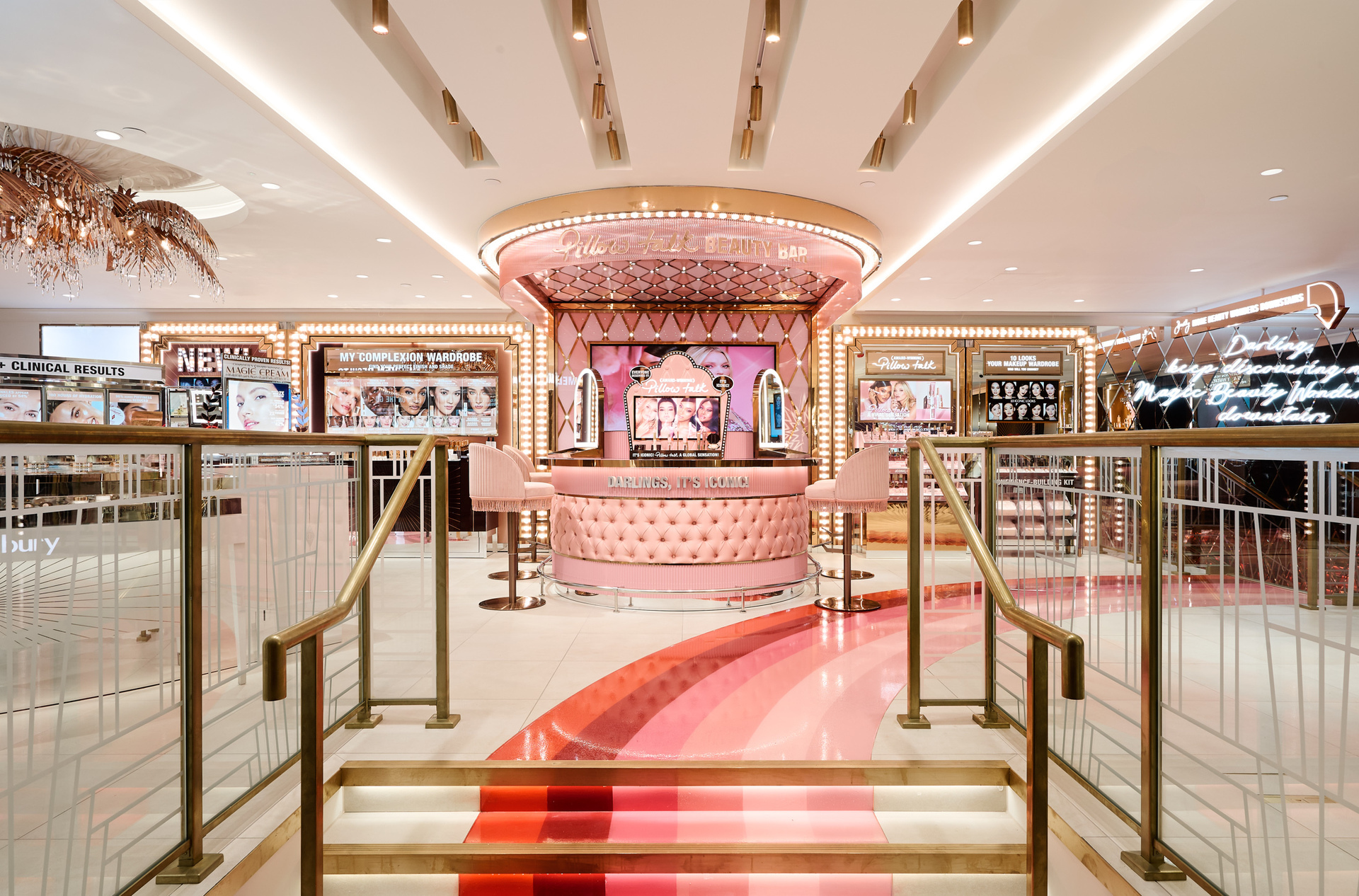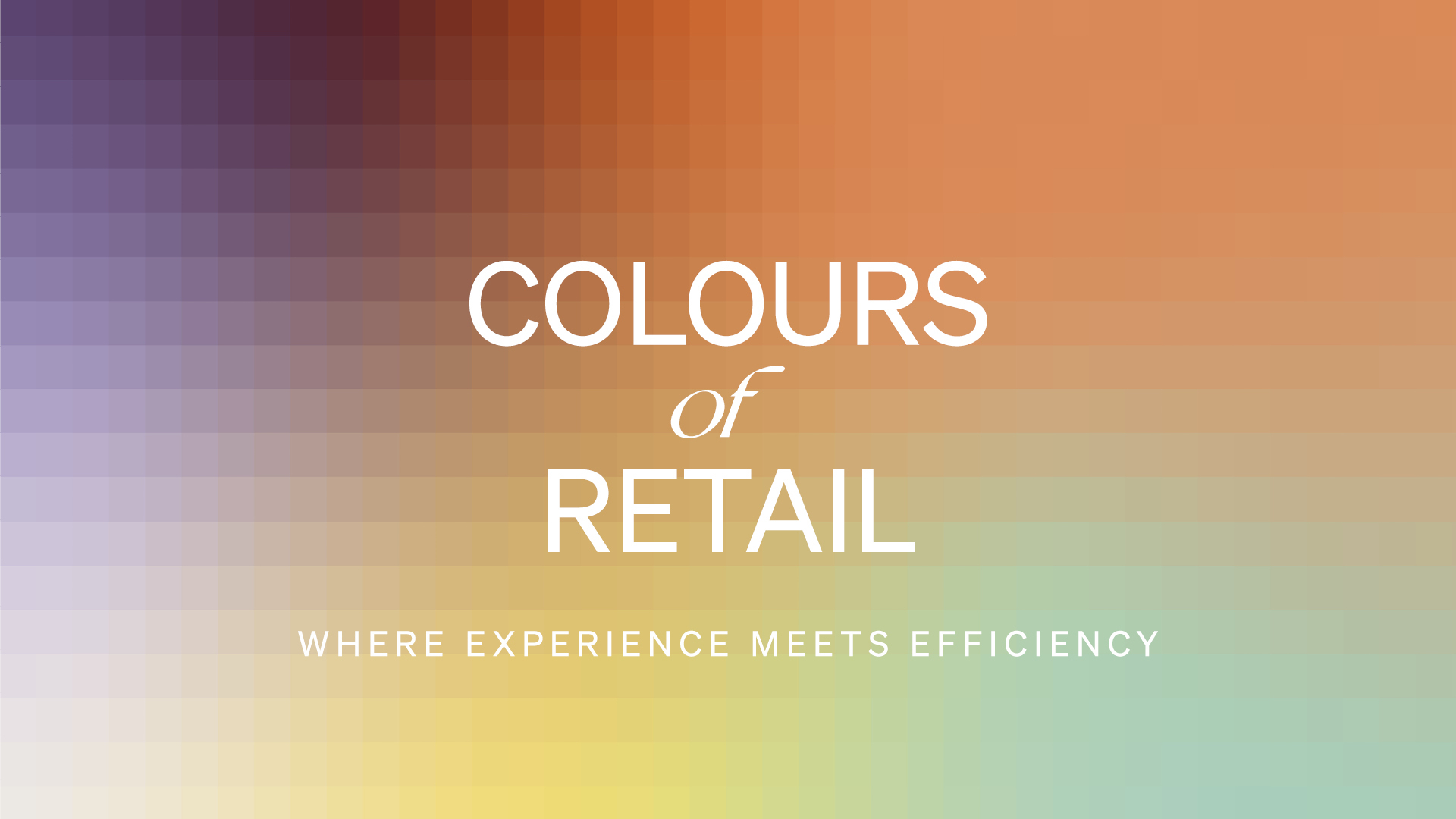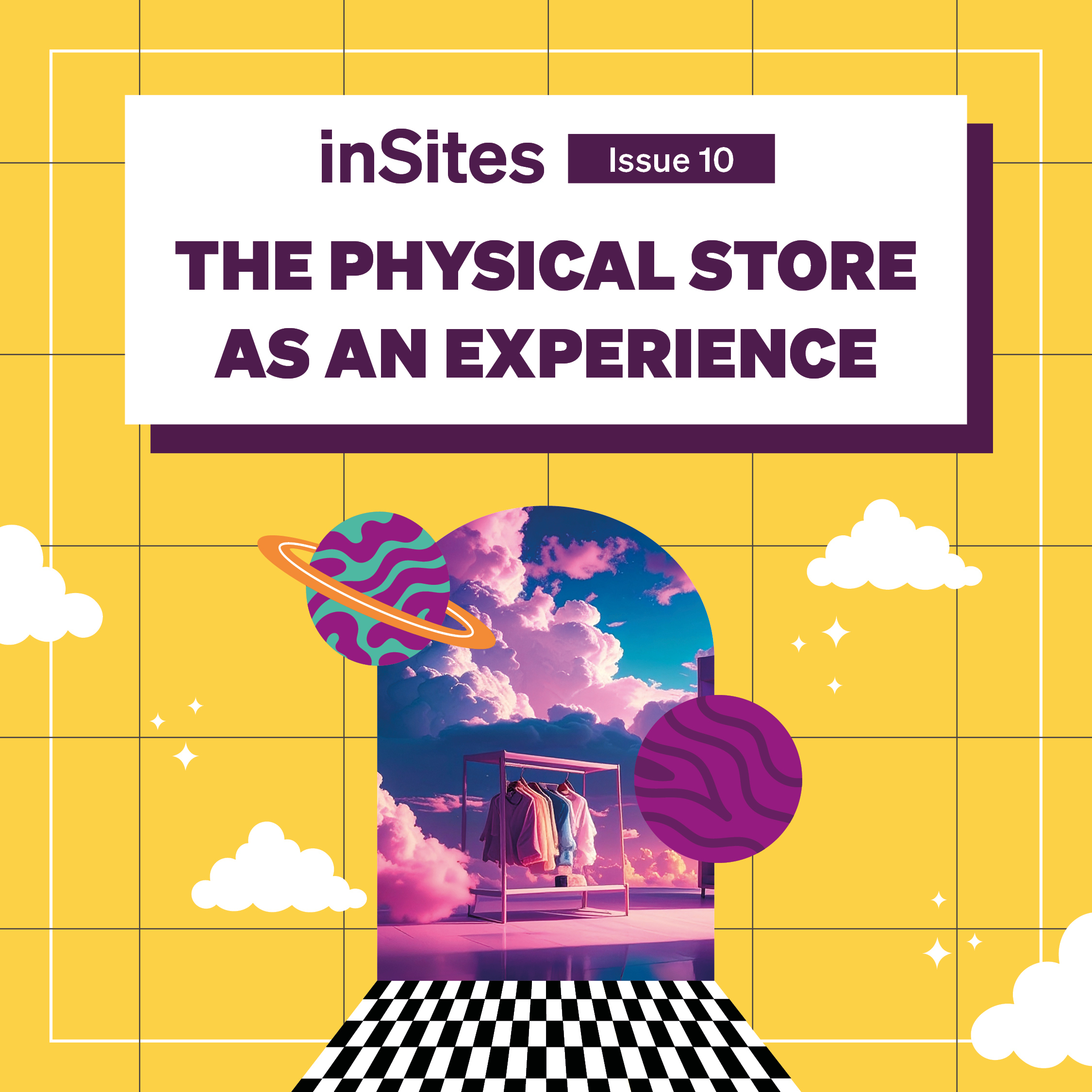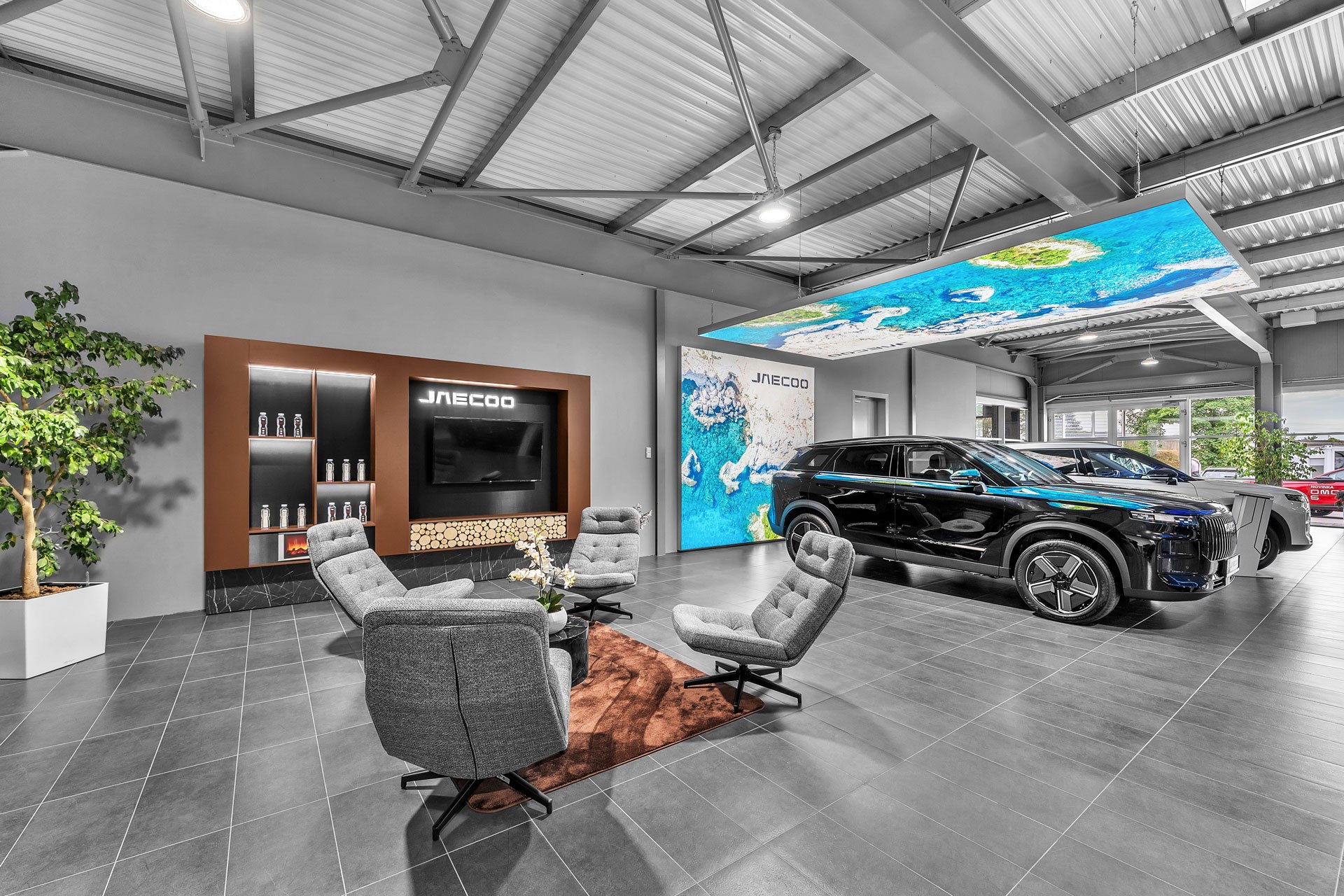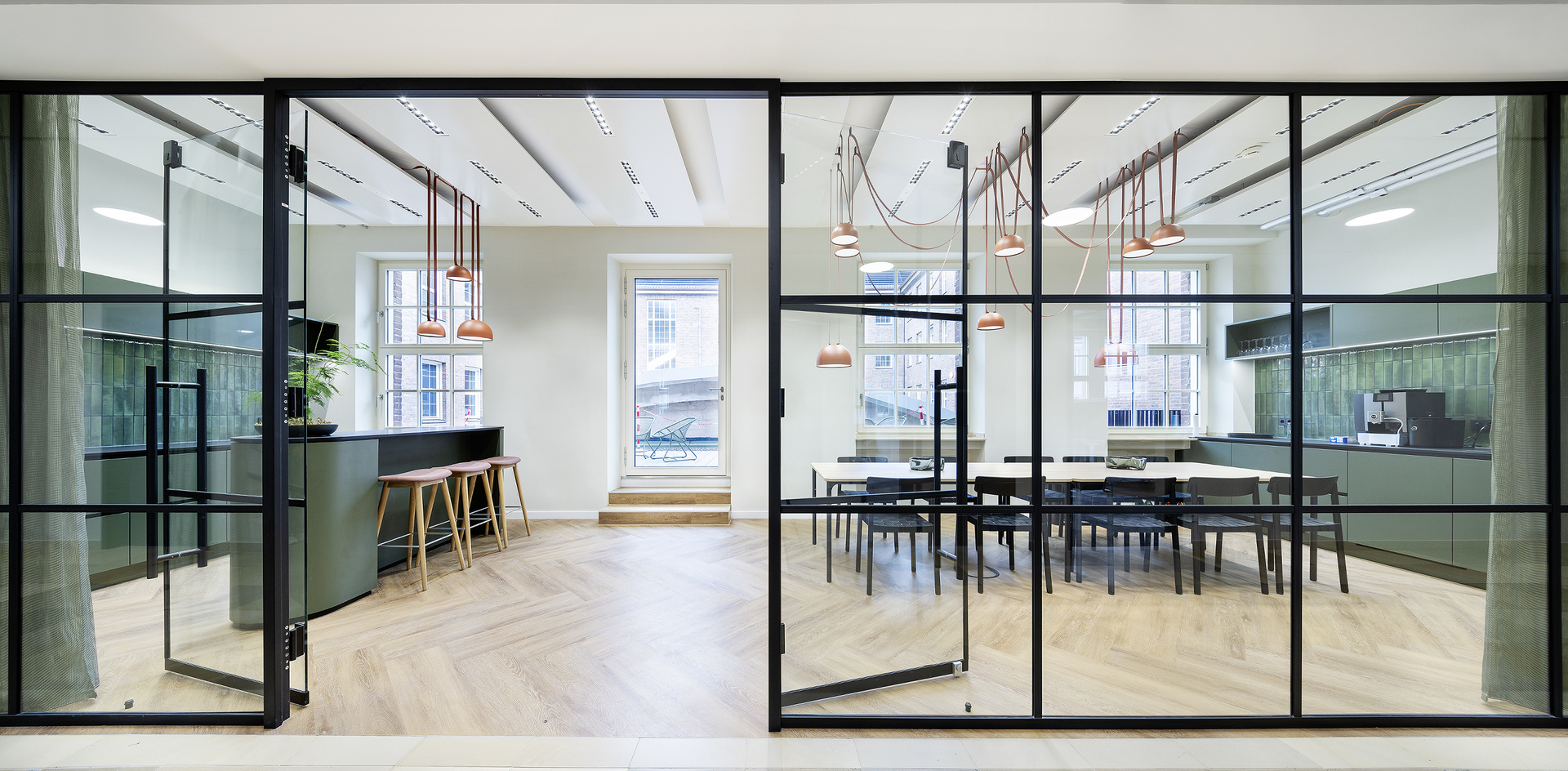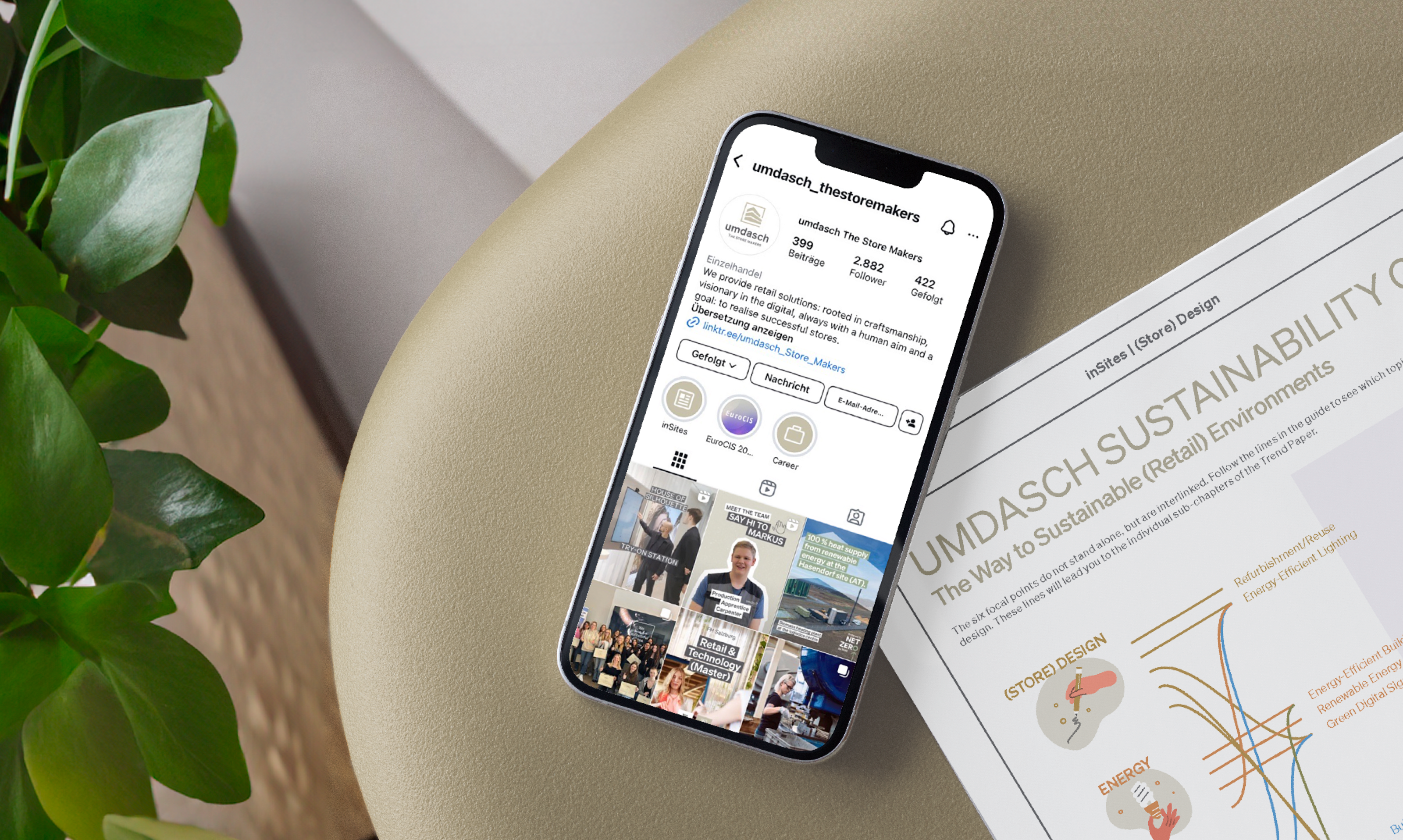inSites is the new online format from umdasch The Store Makers, focusing on developments, trends and innovations in the creation of spaces. The name says it all: the format offers in-depth insights into a variety of sites– from retail spaces and offices to food courts and other vibrant meeting places. inSites explores what drives the placemaking industry, revealing background stories, shedding light on complex topics, and highlighting the people who work every day to make spaces more functional, aesthetic, and sustainable – in short: even better.



